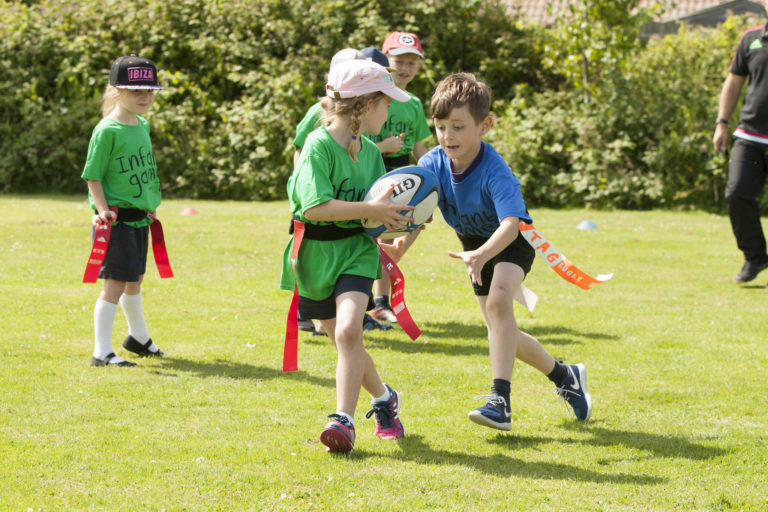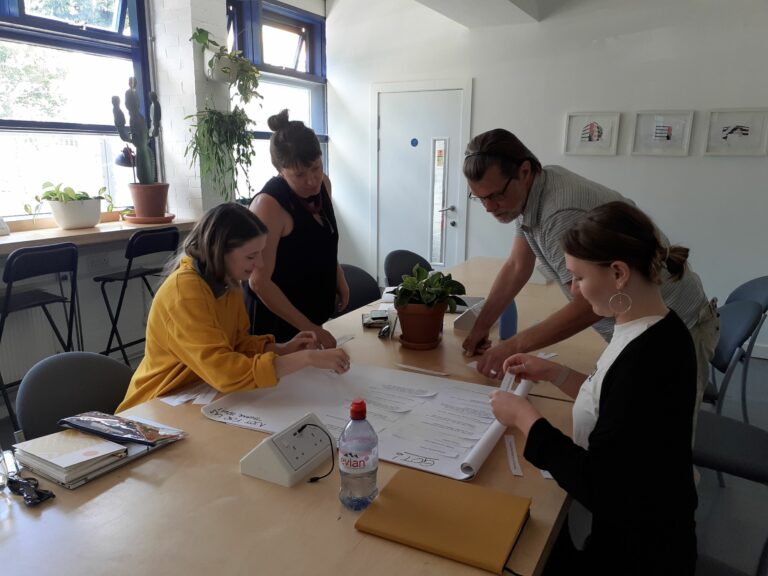What safeguarding training do I need?
Find out what safeguarding training is appropriate for your role, and how you can access it.
Introductory training
For those with limited or incidental interaction with children and young people, and with no direct safeguarding responsibility, introductory training is sufficient. This can be done online, such as via elearning courses, which provide basic information only.
Please note: the KSCMP courses are free for professionals working in Kent and Medway, but do require learners to register first – anyone needing support with this validation process, please contact us. Once a course is started, learners have four weeks to complete the course.
Basic training
Anyone with regular responsibility for children and young people will require training at this level, which provides opportunities for more in-depth discussions and considers the application of safeguarding knowledge and information such as following policies and procedures.
The recommendation is to complete a three hour workshop face to face in the first instance, followed by refresher training every two-to-three years.
Some national governing bodies (NGBs) of sport have their own training for this level, while others access generic training such as the Safeguarding and Protecting Children (SPC) training provided by UK Coaching. Active Kent and Medway regularly organise delivery of SPC workshops at locations across the county.
Follow this link to Active Kent & Medway Training Opportunities
Designated officer training
This more specialist training will address the specific information and skills required by those with particular safeguarding roles, such as safeguarding lead officers, or club welfare officers. Delivery should include an interactive element which allows delegates to ask questions and discuss issues in a safe environment, facilitated by a qualified safeguarding tutor.
The NSPCC Child Protection in Sport Unit (CPSU) has developed Time to Listen to provide safeguarding training for club welfare officers in England and Wales. This consists of a three hour workshop, and is available to those who have already attended recognised basic awareness training.
Follow this link to CPSU Time to Listen (TTL) training for club welfare officers
Safer recruitment training
Any role that involves contact with or responsibility for children (or other vulnerable groups such as adults at risks) should be selected and recruited to safely. This training equips those responsible for that recruitment process with the skills and knowledge you need.
Continuous professional development
Everyone can benefit from updating their knowledge of safeguarding related topics, whether it’s refreshing previous training, learning new skills, or getting the latest information.
The CPSU runs a programme of free webinars and workshops on a variety of subjects including loneliness, racism and eating disorders.
You can also find a whole range of e-learning topics from the Kent Safeguarding Children Partnership, from online safety to record keeping.
Follow this link to more training and events from the NSPCC Child Protection in Sport Unit




